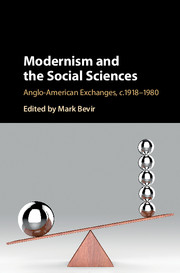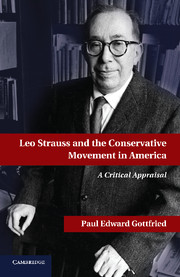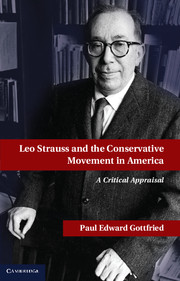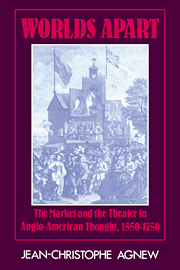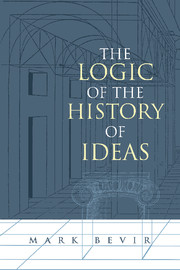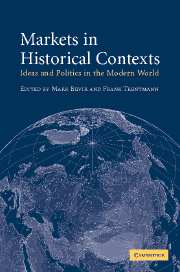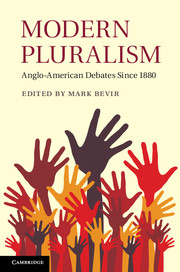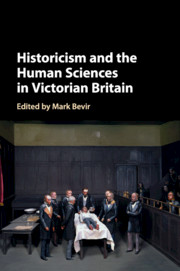Modernism and the Social Sciences
This wide-ranging and original study reveals how prevalent modernism has become in the social sciences. With contributions from a number of leading international scholars, Modernism and the Social Sciences explores the rise and nature of modernist tropes and approaches within social sciences such as economics, econometrics, behaviourism, sociology, administrative science, linguistics, history and anthropology. The essays demonstrate how the social sciences turned away from the developmental historicisms of the nineteenth century. Instead, social scientists have become increasingly committed to synchronic and formal explanations that rely on models, correlations and ideal types, and they have increasingly appealed to systems and functions and to institutions and norms. This book will reveal wider trends and parallels to specialists in particular disciplines and it will also appeal to those interested in intellectual history and social science theory. This volume is a companion to Historicism and the Human Sciences in Britain, a product of the Mellon project on Britain's Modernity, published by Cambridge in 2017.
- Shows how widespread modernism has become in the social sciences, revealing wider trends and parallels to scholars who specialise in particular disciplines
- Situates various synchronic and formal styles of analysis in the contest of the rise of modernism, providing readers with the opportunity to relate the accounts of social science disciplines to well-known broader cultural and artistic movements
- Highlights the connections between many superficially different forms of explanation, so that readers can locate current methodological disputes in a much wider historical context
Product details
September 2017Hardback
9781107173965
256 pages
235 × 158 × 18 mm
0.54kg
1 table
Available
Table of Contents
- 1. Modernism and the social sciences Mark Bevir
- 2. Economics Roger E. Backhouse
- 3. Econometrics Thomas A. Stapleford
- 4. Behaviourism Cathy Gere
- 5. Sociology Perrin Selcer
- 6. International relations Mark Bevir and Ian Hall
- 7. Administrative science Hunter Heyck
- 8. Linguistics John E. Joseph
- 9. History Michael Saler
- 10. Anthropology David Mills.

